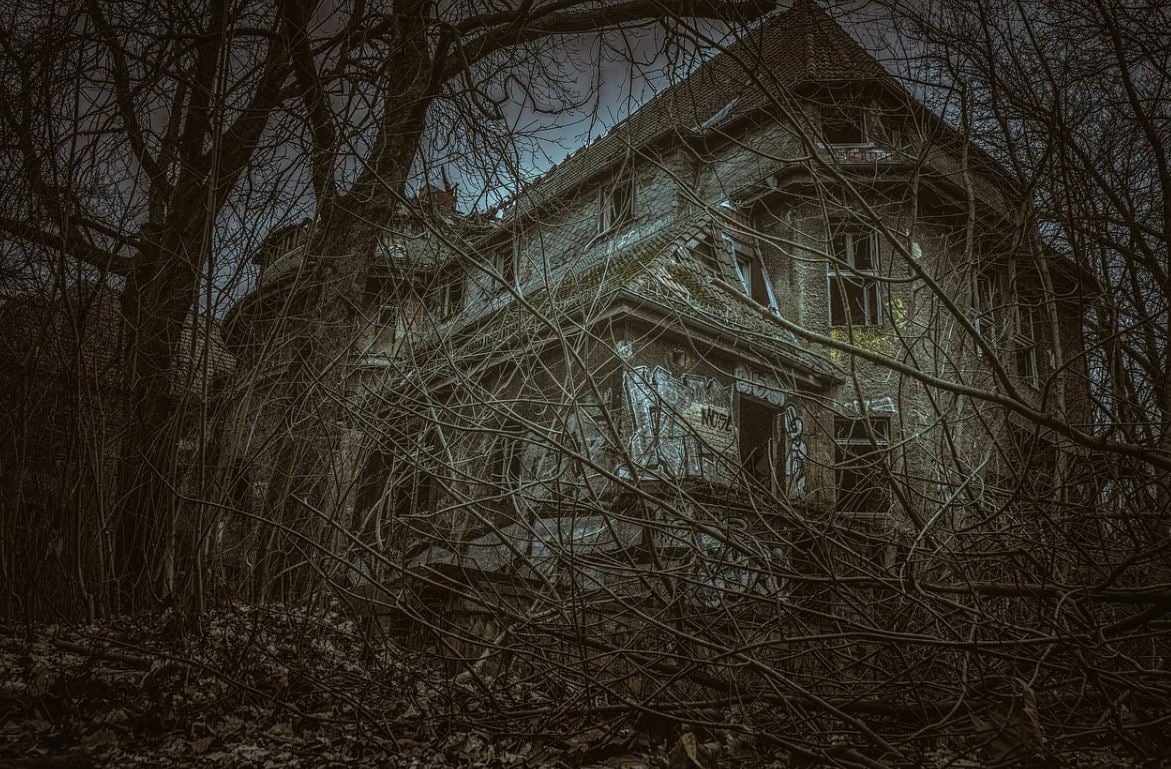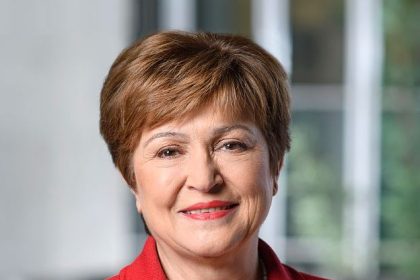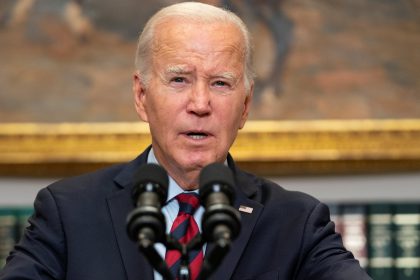Haunted Houses Vie for Payroll Protection, Enhanced Coronavirus Relief

WASHINGTON – A coalition of haunted house operators and others who offer “seasonal” and “location-based” entertainment are pressing Congress to change the Paycheck Protection Program so their industry can take advantage of it.
They are also asking that their industry be included in any future stimulus relief legislation that can be hashed out between Capitol Hill and the White House.
To advance its goal the coalition, formally known as the Alliance for Interactive, Seasonal, and Location-based Entertainment (AISLE), approached the Washington, D.C.-based firm of Hogan Lovells and sought its help lobbying on behalf of seasonal businesses, including haunted houses, who have not been able to take full advantage of payroll support and other stimulus programs.
For example, as currently written, Paycheck Protection Program rules allow seasonal employers to use any 12-week period between May 1, 2019 and Sept. 15, 2019, when determining the maximum loan amounts for which they’re eligible.
That’s proven problematic for members of the Alliance, whose enterprises are tied to holidays like Halloween, Chanukah and Christmas, because their businesses typically don’t pick up until fall.
Aaron Cutler, who is representing the new alliance along with Hogan Lovells’ Chase Kroll, said he doesn’t fault lawmakers for failing to include this segment of the economy in the early relief packages.
“We know they tried to address the issue, but I don’t think anyone expected this to go on as long as it has in terms of the shutdown and the economic damage,” Cutler said.
“When this all started, most folks believed we’d shut down for a couple of weeks, and then bounce back,” he said.
But as summer wore on and communities in several states saw a resurgence of the virus and the need for extended aid, unexpected cracks in the Paycheck Protection Program began to emerge.
The first seasonal entertainment employers to feel the effects were the operators of water parks and similar businesses.
Because a separate provision of the Paycheck Protection Program limits aid to employers of fewer than 500 people, the employment snapshot captured in the eligibility window effectively disqualified many summer amusements.
“They tried to cover seasonal employer issues in the original drafting, it’s just as this pandemic continued it revealed they didn’t cover all the different seasonal employers,” Cutler said.
“Whatever the next relief bill looks like, we want to make sure that folks are aware of the different problems and that smart legislators can fix it in the next round,” he said.
Last week, the alliance sent letters asking for program changes to Treasury Secretary Steven Mnuchin, House Speaker Nancy Pelosi, House Minority Leader Kevin McCarthy, Senate Majority Leader Mitch McConnell, Senate Minority Leader Chuck Schumer and more than two dozen other lawmakers whose districts or states happen to be home to these kinds of entertainment assets.
“In the letter, we are asking that businesses such as haunted houses have an opportunity to fully access programs like the Paycheck Protection Program,” said Chase Kroll, another of the lobbyists working for the alliance.
“Right now, the rules don’t allow them to model their payroll expense from the fall season, when they do the bulk of their hiring,” Kroll continued. “We also request these types of businesses are included in any carve outs for live entertainment, and that more non-payroll expenses are made forgivable, since these entertainment operators dedicate a higher portion of their resources on facilities and equipment.”
Cutler said the next step in changing the program will be continued outreach to the Hill on the alliance’s behalf.
“We’ll be talking to congressional staff about this, continuing to try to drum up support and just building up momentum to get the changes we want to see,” he said.
“At the same time, we’ll also be talking to industries that are similarly affected, trying to work with them to come up with common sense solutions to the issue,” Cutler added.
Santa Has His Own Problems
Of course, not all seasonal worker organizations are up for the challenge of amending major legislation. For many, such activity is simply outside their mission.
As “Santa” Stephen Arnold, president and CEO of the International Brotherhood of Real Bearded Santas explained in an email to The Well News, his group is a social organization that provides ” negotiated services, awards, conventions, and camaraderie to our professional Santas and Mrs. Clauses.”
The group takes no political positions as an organization, though it encourages members to do so when “they feel compelled to speak out.”
“Santa is a worldwide phenomena and might only have an opinion as Santa on global issues like climate control (since it can and is affecting his home, the North Pole),” Arnold said.
Turning more serious, he said that since most Santas are employed as independent contractors and are not considered ’employees’ in many states, they likely would not benefit from the Paycheck Protection Program or other relief measures in any event.
Arnold also noted that as the IBRBS is an all-volunteer organization, its members would have neither the “time, inclination nor money to try to lobby Congress.”
But Santas aren’t taking the coronavirus and the threat it poses to their holiday season livelihood lightly.
Arnold said he and his members have heard that big box stores and malls are working hard to create a safe environment for both working Santas and families who want to take pictures with them.
“There are companies advertising acrylic structures (bench and barrier) for Santa and children, as well as a Snow Globe Santa concept,” he said. “I’m afraid we’ll just have to wait and see. Contracts are late this year and we have little information about the plans of these companies.”
Arnold said there seems to be widespread interest in Santas and Mrs. Clauses participating in virtual visits, and that he’s heard several companies are actively pursuing a business model to promote the option.
“That too will need more time to gel as those companies solicit Santas, but then have to vet them as to talent and appearance as well as work with them on how to be consistent in presentation.”
Both Cutler and Kroll said they are hopeful lawmakers will return to Washington after Labor Day willing and eager to get a deal done on a new coronavirus relief package that addresses the alliance’s concerns about the Paycheck Protection Program.
“They do have another fiscal cliff approaching, on Sept. 30, and it would be nice if they could simply roll this in appropriations somehow,” Kroll said.
“It doesn’t have to be, but it would just make it a lot easier,” he said.
But for the two men, both of whom are fathers, there’s a bit more to getting the deal done than successfully serving a client.
“Going out and being able to take your kids to visit these seasonal attractions, whether they be haunted houses or corn mazes or what have you, is sort of a hallmark of a normal functioning society,” Kroll said.
“The coronavirus has been hard on all parents,” Cutler agreed. “Being quarantined for so long has been really, really rough, and keeping one’s kids entertained particularly challenging.
“That’s why I think we need to help these venues stay in business,” he said. “As a parent, I hope to be able to take my kids out on a fall weekend and continue our standard fall activities even in these crazy times.
“If we don’t have those activities, it’ll just make for an even more difficult fall. It’s already been a really tough 2020 for parents and kids all across America. So we just would like to see at least this part of the entertainment community up and running again,” Cutler said.
























